I saw some Dundee United fans rubbish the idea that the club might be interested in Simon Murray because of his age.
The obsession with miles on the clock in Scottish football remains misguided.
The 32-year-old Dundonian, rumoured to be interesting both city clubs in the January window, has scored 23 goals in 46 games this season.
The Ross County striker’s one goal every two games average is superb striking, but ageism among some fans is alive and well.
Murray is athletic, fast and strong, has stamina to burn, no recent injury history, and has netted regularly in a struggling team.
Craig Brewster one of United’s finest ever servants who won them their first Scottish Cup and played until he was 40, so Murray is a youngster by comparison.
Murray says he feels in his prime and his energy levels and performances this season back that up.
Each individual must be judged on their own physical attributes, but some players have the capacity to defy the biological clock.
There have always been such players; Zlatan Ibrahimovic of Inter and AC Milan played until he was 41 and there are many others who have defied the ageing process to perform at top level.
Modern sports science, tailored fitness plans, good diet and regular monitoring can all contribute to increased longevity in football, but some players simply have the genetic and physical make up to play longer than others.
I don’t know whether Murray is on the radar of either city club, but anyone knocking the signing of a man with his scoring record and all round link-up play is living in the past in terms of understanding modern football.
Inverness Caley Thistle’s decision to move their training base to Fife is a slap in the face for the idea of a genuine link between fans and team.
St Johnstone train in Perth, Dundee train in Dundee, while United train at St Andrews, but that’s only a hop across the Tay.
Inverness are set to abandon their home city in hopes of attracting players from the central belt, where they say housing and travel are cheaper.
The only link with the Highlands will be their home games.
In 2015, I was on their open top bus interviewing manager John Hughes after their Scottish Cup win. Now those memories and ambitions are tarnished.
I hope fan power and political pressure, which is being mobilised to stop this ill-conceived plan, can be brought to bear on the board at Inverness.
The club have competed strongly in the past and, along with Ross County, 12 miles up the road, managed to attract decent players from elsewhere.
Fans like to see their heroes in and around their towns.
If a football club means anything at all it has to have deep roots in its home area.
Without them, it’s simply a collection of gladiators for hire without any real feeling for the community.
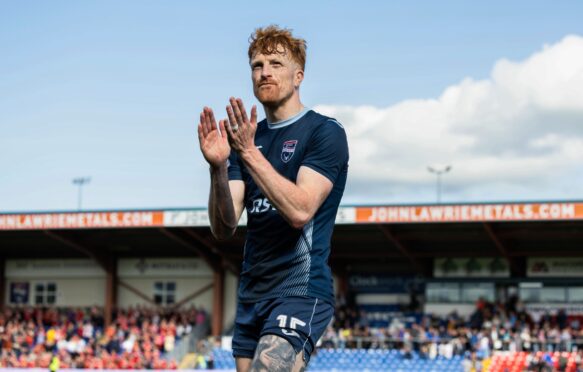

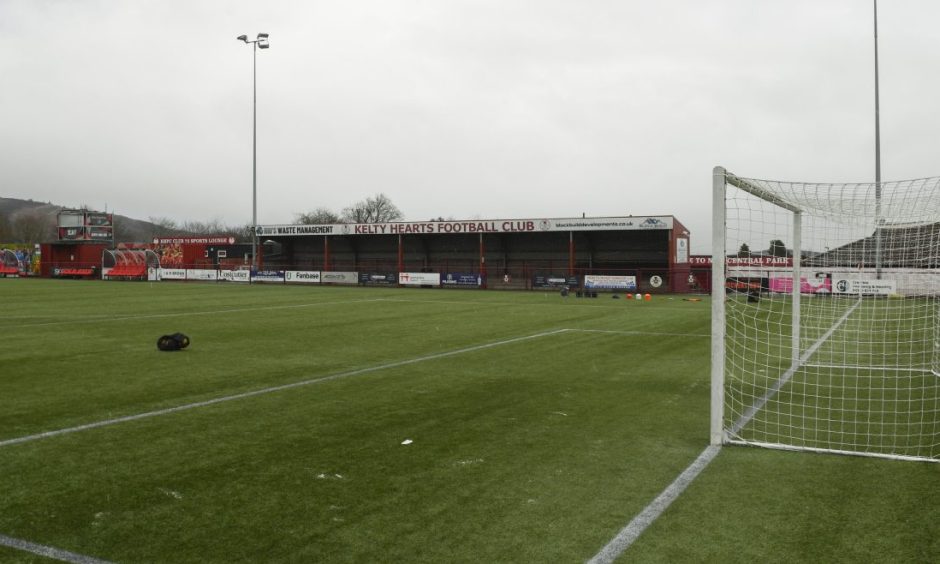
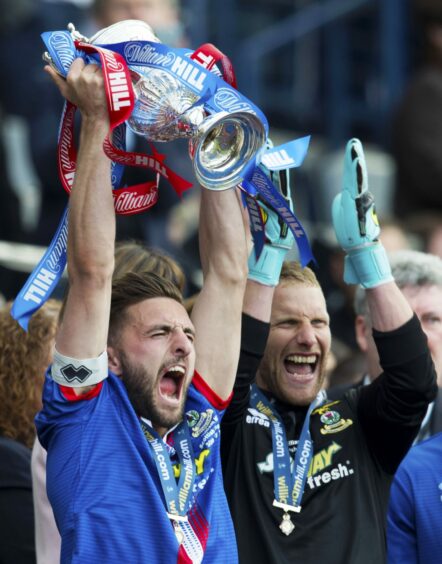

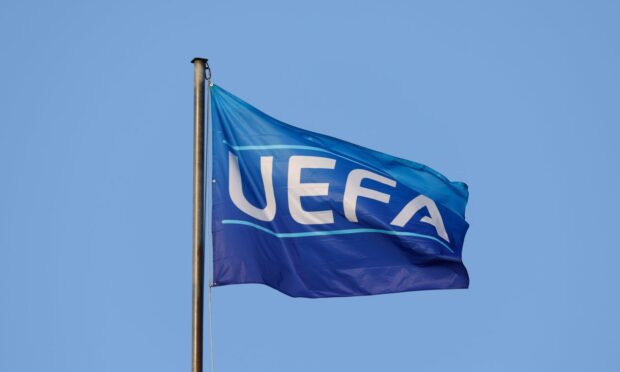
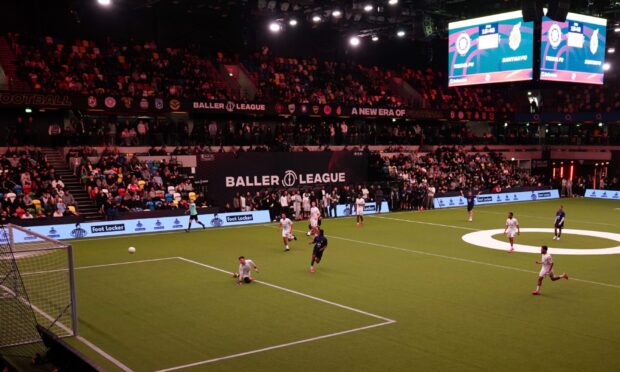

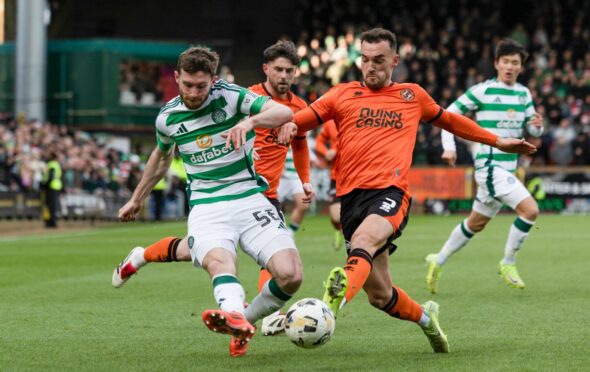
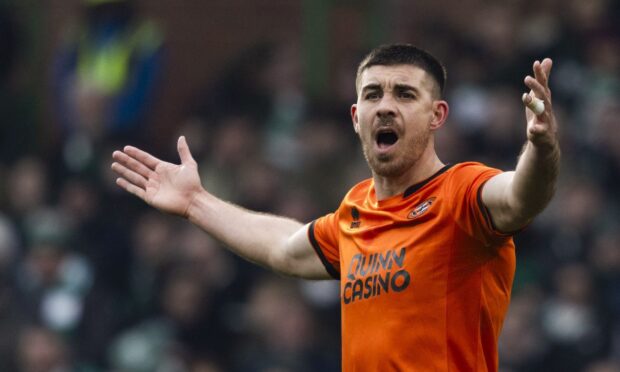
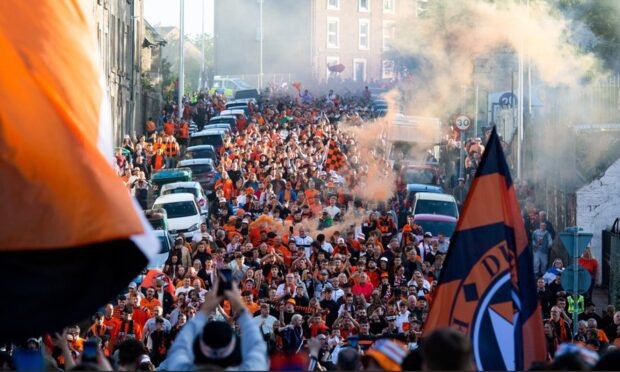
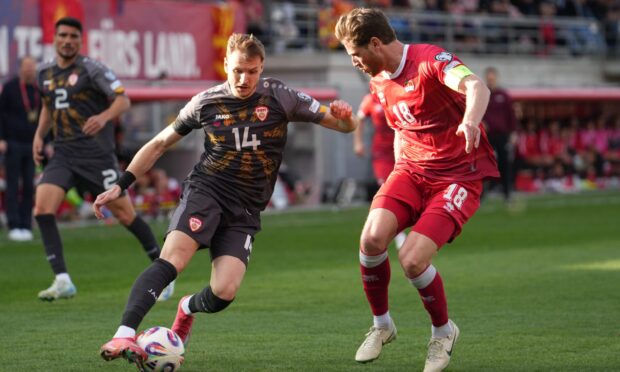
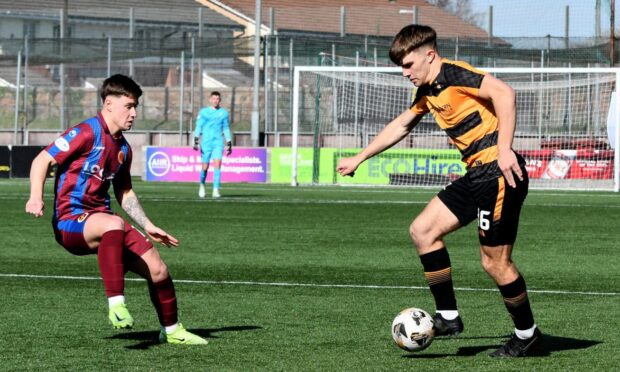
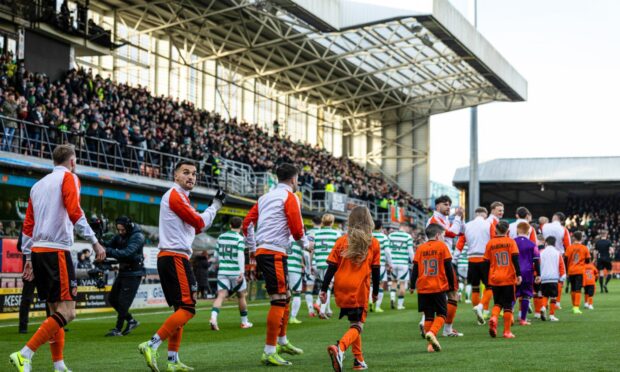
Conversation